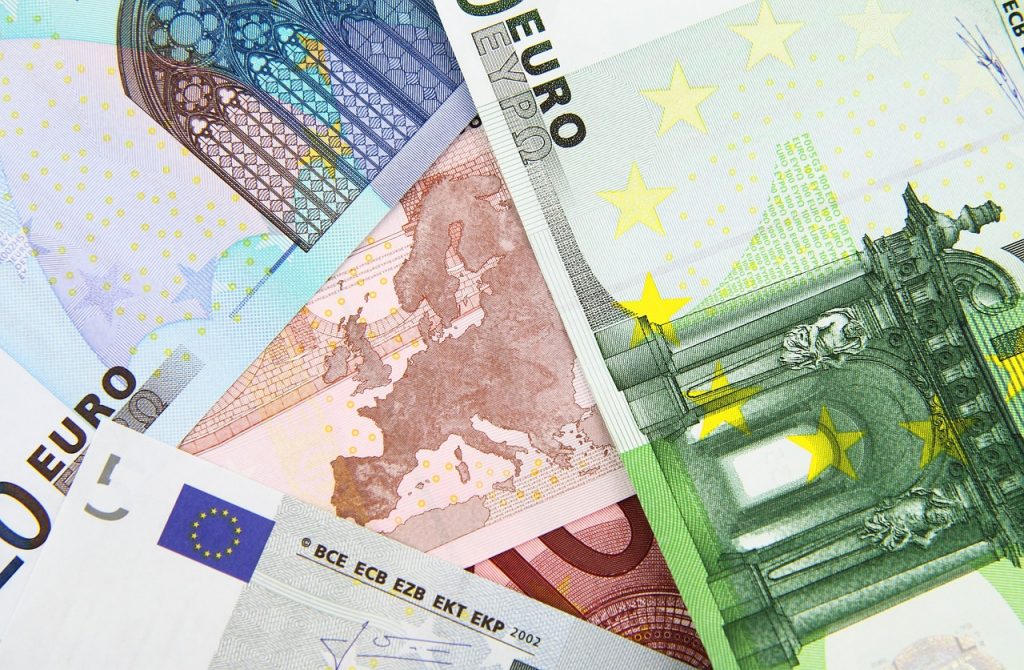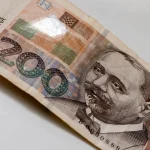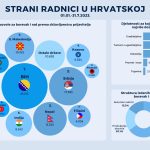June the 23rd, 2023 – The Croatian average salary is lagging behind that earned on average across the rest of the European Union by 25 percent.
As Poslovni Dnevnik/Jadranka Dozan writes, the periods between the monthly announcements of new statistical data on Croatian wages, both average and otherwise, have for quite a long time been interspersed with news of new demands for salary increases. Every now and then there are announcements from companies about raising wages, usually with an emphasis on the lower ones more than any other.
The Croatian average salary was lower in April than in March
For around 1.4 million employees working for legal entities last month, the average Croatian salary (net) for April was slightly lower than it was for March. According to the National Bureau of Statistics, it amounted to 1,122 euros, which is 0.7 percent in nominal terms and 1.7 percent in real terms less than the month before (from an average of 1,130 euros).
A similar trend was observed in April 2022
This ended this year’s series of monthly increases (nominal and real), but this isn’t all that unusual; a similar “break” in growth was also recorded for April’s salary payments last year. In April, among other things, there were 12.6 percent fewer paid hours (159 on average).
On an annual level, the average Croatian salary is nominally higher by 12%, and given the slowdown in inflation, the Central Bureau of Statistics states that in real terms this means an increase of 2.8% (in relation to the inflation rate in May, as the month of payment and spending of April salaries, real growth would turn out to be somewhat higher). All in all, when it comes to actual annual comparisons, wage growth for employees in legal entities has been exceeding the inflation rate for several months.
Croatian standards are still below par
Living standards in Croatia are still among the lowest in the entire European Union. The latest Eurostat review suggests that – measured by real individual consumption per inhabitant – the material well-being of Croatian households in 2022 has in fact slightly improved.
However, according to the first estimates of the European Statistical Office, this reduced the estimated lag behind the EU average to 25 percent. Only three member states of the EU (Slovakia, Hungary and Bulgaria) recorded a greater backlog of this indicator of the standard of purchasing power. This shows how many goods and services individuals consumed, whether they paid for them themselves or the cost was borne by the state or by non-governmental organisations.
The range of this indicator at the level of the European Union ranges from Luxembourg’s 36 percent above the bloc’s average, to Bulgaria’s 33 percent below it.
In Croatia
Here in Croatia, approximately two-thirds or about 900,000 employees who work in legal entities have a lower than average salary. The average salary paid for April was 940 euros. In terms of annual comparisons, the median salary is 12.5 percent higher than the year before, which is a slightly higher annual growth than the average salary.











